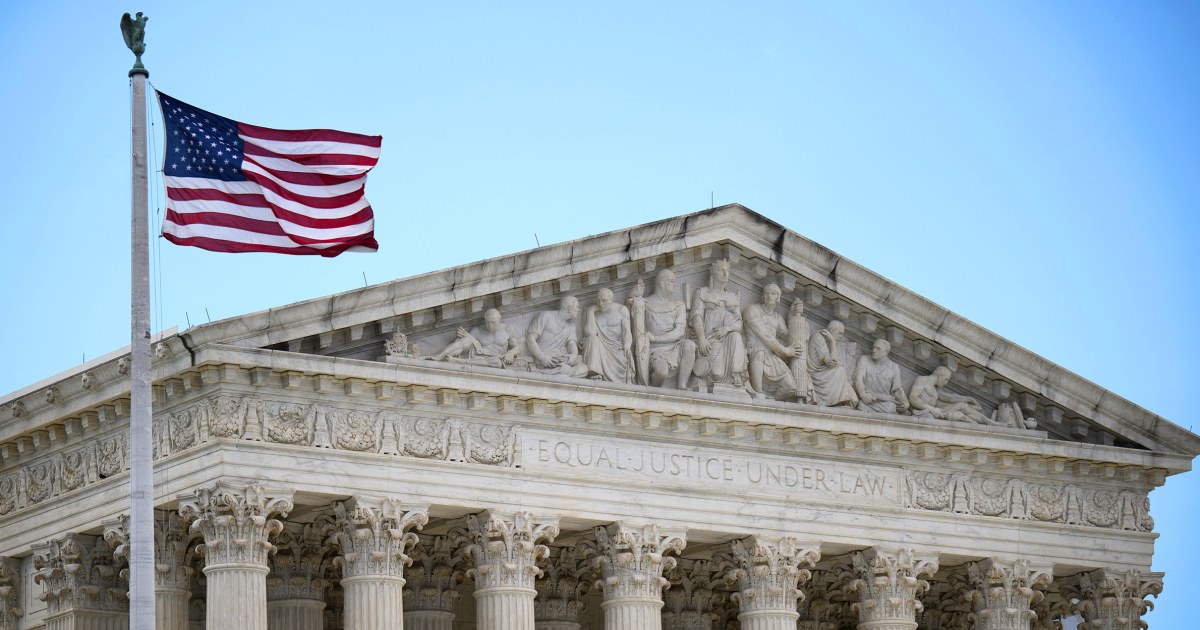Supreme Court Upholds Mississippi Social Media Age Verification Law
The Supreme Court upheld Mississippi's social media age verification law, requiring parental consent for minors. The law aims to protect youth, despite tech company challenges citing free expression concerns.
Subscribe to unlock this story
We really don't like cutting you off, but you've reached your monthly limit. At just $5/month, subscriptions are how we keep this project going. Start your free 7-day trial today!
Get StartedHave an account? Sign in
Overview
- The Supreme Court has upheld a Mississippi law mandating age verification and parental consent for minors accessing social media platforms, allowing the controversial legislation to take immediate effect across the state.
- Mississippi Attorney General Lynn Fitch championed the law, asserting its necessity to shield young people from various online dangers, negative impacts, and associated mental health issues prevalent on social media.
- NetChoice, representing major tech companies like Facebook and X, challenged the law, expressing significant concerns over potential infringements on privacy rights and fundamental free expression principles for users.
- The 5th US Circuit Court of Appeals previously allowed the law to proceed despite ongoing legal challenges and arguments regarding its potential violations of First Amendment rights.
- Justice Brett Kavanaugh acknowledged the law's likely unconstitutionality but determined there was insufficient immediate harm to warrant a temporary block by the Supreme Court, allowing its implementation.
Report issue

Read both sides in 5 minutes each day
Analysis
Center-leaning sources cover the Supreme Court's decision neutrally, focusing on factual reporting of the court's action and presenting both sides of the legal arguments. They avoid loaded language and attribute all viewpoints to the respective parties, allowing readers to understand the complexities without editorial bias.
Articles (10)
Center (4)
FAQ
The law requires social media platforms to verify the ages of users and obtain parental consent before minors can access these platforms in Mississippi.
Justice Kavanaugh acknowledged that the law is likely unconstitutional but ruled that NetChoice did not demonstrate immediate harm that would justify blocking the law during ongoing litigation.
Tech companies, represented by NetChoice, argue that the law violates privacy rights and the First Amendment by unconstitutionally restricting free expression for users of all ages.
A federal judge initially blocked the law from taking effect, but the 5th Circuit U.S. Court of Appeals allowed enforcement while the lawsuit proceeds; the Supreme Court then refused to block the law's enforcement temporarily.
Supporters, including Mississippi Attorney General Lynn Fitch, claim the law aims to protect youth by shielding them from online dangers and negative mental health effects associated with social media use.
History
- 3M

 7 articles
7 articles








